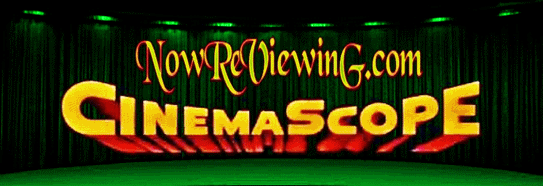

|
RORKE’S DRIFT Unrepentantly Victorian in slant, appealing more to male viewers who enjoy adventures as experiences in terror, Cy Enfield’s Zulu is among the best movies made in Africa during the 60s. (Cornel Wilde’s The Naked Prey another.) Based on an actual attack at Rorke’s Drift in 1879, which followed only hours after the slaughter of close to 1200 British soldiers at Isandhlwana by the Zulus (meaning “people of Heaven”), the movie takes a while before it gets going, but once the warrior waves commence, it becomes a WASP test of courage and thrilling in all its chaos. Purportedly somewhere between 17 and 32 of a mere force of 150 British died during the seige, while 351 out of 3,000 to 4,000 Zulus were “confirmed” kills and another 500 wounded. (Numbers are rarely the same whatever the source.) The movie is also exhausting: Enfield, who was blacklisted by Hollywood as a suspected communist during the no-brain McCarthy era, seems ironically relentless in wanting to fight until there’s no fight left. Star Stanley Baker co-produced, and “introduced” is foppy blond-haired MichaelCaine (in spite of this being his 11th movie and the one to bring him to the attention of the producers of The Ipcress File and Alfie). With Jack Hawkins, Ulla Jacobsson looking and sounding like a crossbreed of Maria Schell and Leslie Caron, and South African Gert van den Bergh, who’s also in The Naked Prey. Skillfully photographed in Super Technirarma 70 by Stephen Dade and proficiently edited by John Jympson; score by John Barry. Historians don’t accept the mythicized climax of Zulu—a salute to the bravery of the British, as well as a relief for the audience—but there’s no question the Zulus were to feel the vengeful wrath of the Empire on July 4, 1879. (Done in by the rifle—the death from which was initially too mysteriously clean—the Zulu had more regard for the spear and bayonet.) Enfield never again made a movie with the thrusting force of Zulu, though he wrote the screenplay for the 1979 prequel Zulu Dawn. He did, however, dabble in gadgetry: long before computer notebooks and pdas, he invented a computerized pocket-sized typewriter. Text COPYRIGHT © 2005 RALPH BENNER All Rights Reserved.
|